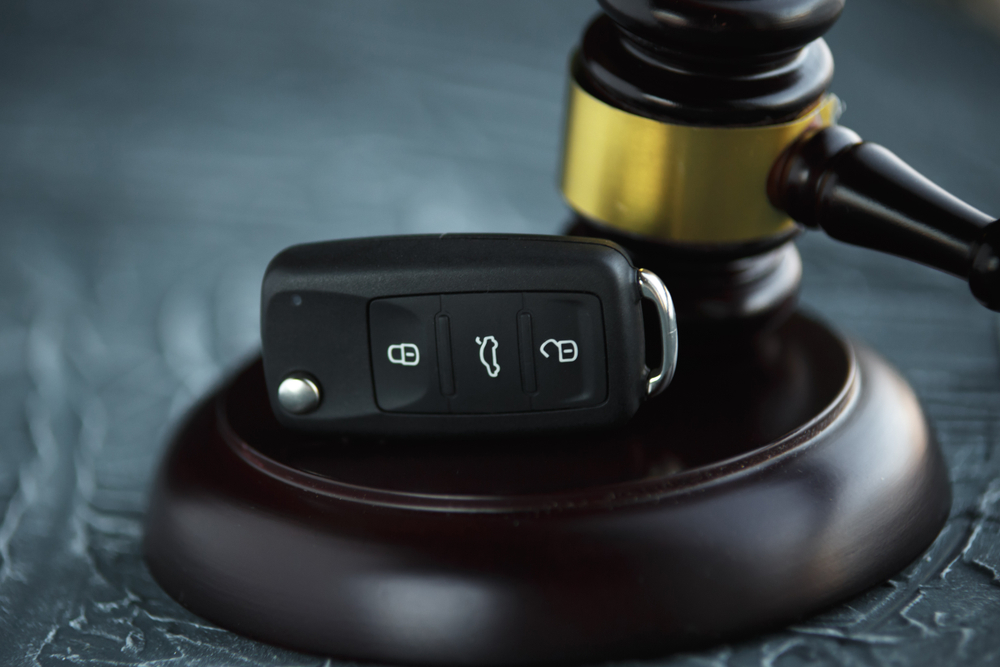How To Prepare Yourself For A DWI Case
As a lawyer, you probably handled hundreds or thousands of cases. You have the knowledge, skills, and expertise in representing clients for various cases. However, every driving under the influence (DUI) or driving while intoxicated (DWI) case is different. More often than not, lawyers tend to predict the outcome of the case based on the previous ones they’ve handled. Proper preparation is crucial when handling a DWI case, and it should be treated uniquely and separately from other cases.
Below are some of the helpful ways to prepare yourself for a DWI case:
Study All Possible Pieces of Evidence
You know the importance of gathering all the necessary evidence to help your client in a DWI case. It’s crucial to ask for help from experts as necessary. For example, The Law Office of Kevin M. Kennedy PLLC creates a team of expert investigators to ensure all aspects of every case is considered, leaving no evidence behind.
It’s easy to overlook the results of blood or breathalyzer tests and simply accept them. However, it’s possible to find loopholes in the process or manner how these tests were obtained. If possible, you can hire private investigators to find and interview possible witnesses to help your client, as well as review CCTV videos and other relevant event details.

Seek Your Senior’s
If it’s your first time to handle a DWI case, you might have a lot of questions not easily found in law textbooks or classroom discussions. This is why it would help to seek expert advice from your seniors, who are already experienced and experts in handling DWI cases.
Here are the possible questions you might want to ask from a senior DWI lawyer:
- When can I say that a case is better settled than attempting and deciding to proceed to a court trial? Ask your senior to give some example scenarios so you’ll have a better idea of how a DWI case proceeds.
- How do I convince my client to accept the fact that the case is valid? While you want the case to be in favor of your client, there are times when facts speak for themselves. Proper client communication and education are crucial in this case. However, you probably don’t know how to break the news to your client. Asking your senior how to best deliver bad news to your client will make you a more empathetic and respectable lawyer. Of course, back it up with the good reasons and possible solutions to help reduce the penalty, fines, or jail sentence.
- How do you prepare a client for a DWI court trial? If it’s your first time to raise a DWI case in trial, preparing your client is an essential step. Seek some tips from your senior on how to better prepare a client mentally and legally.

Be Focused by Preparing Yourself Physically and Mentally
Physical health and mental health are important life aspects of every professional. As a lawyer, you’re probably handling several cases that induce stress and pose risks to your health and psychological well-being. A DWI case may exhaust your energy, as you try to study all pieces of evidence and formulate the best defense for your client.
With the hectic and busy schedule you have, it’s important to get the right amount of rest and sleep by choosing a comfortable mattress. In that way, you’ll wake up the next morning fully energized, so you can continue handling any DWI case with confidence. Eat a balanced diet, don’t forget to exercise, and keep your spiritual life intact.
Continue to Learn Updates With the Latest DWI Laws
Even seasoned lawyers need to stay updated with the latest DWI laws. Continuing education is crucial so you can grow your career and help your clients better. Know the latest updates or new DWI laws in the state where you are practicing your profession.
Be active with the law organizations you belong to and ask about any updates on DWI laws. Talk to your seniors and collaborate. Find out if the current DWI case you’re handling would need a more in-depth study with the new policies or procedures involved in arresting a person for a DWI charge. If possible, join police officers during actual arrests, at a DWI checkpoint, or fieldwork to have an idea of how they arrest someone who is potentially intoxicated with drugs or alcohol.
Conclusion
As a DWI lawyer, you’ll face a lot of challenges when handling a DWI case. Since DWI is considered a serious offense, your client might pressure you to resolve the case as soon as possible. However, you can steer clear of experiencing burnout or getting easily fatigued. Prepare yourself physically, mentally, and legally for the best outcome of every DWI case you handle.

